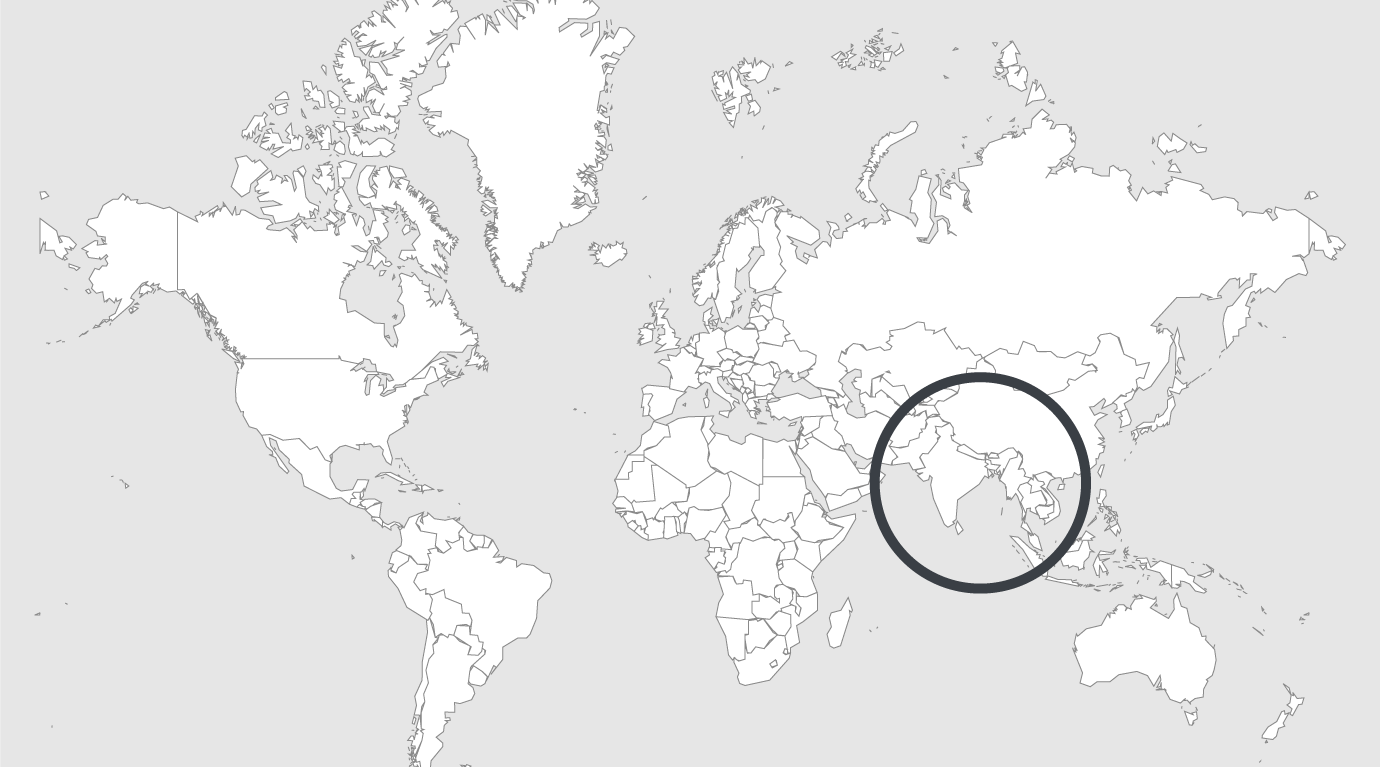
Explore
Malaysia: stop sending MCO offenders to prison, consider other alternative measures
With Malaysia already facing an impending prison overcrowding issue where close to 70,000 are currently serving jail terms for various offences across the country, lawyer Sangeet Kaur Deo urged the government to stop sending movement control order (MCO) offenders to prison as it will only worsen the situation.
Speaking at a webinar this morning titled “Covid-19 Seeking Solutions for Prisons & Refugees”, Sangeet said one of the most obvious moves the authorities should immediately consider is to stop sending MCO violators to prison.
“Yes, we understand that a message has to be sent to the public to ensure they do not violate Covid-19 standard operating procedures, but sending them to prison is really not the answer.
“This is because by doing that you are just adding to the potential clusters that will form with more overcrowding,” she said.
Sangeet said the government must look at alternative sentencing that is already available.
“If we are going to look into fines one thing needs to be considered really is whether or not people can pay fines so perhaps longer repayment periods can be considered.
“People do not have jobs at the moment so paying fines is not realistic either, in many situations community services is something that should be considered and also bonds of good behaviors as these are alternative measures already available within our law,” she said.
Sangeet who is a member of the All Party Parliamentary Group Malaysia for the Reform of All Places of Detention (APPGM) said such alternatives will help the current overcrowding situation in prisons.
Earlier in the webinar, Sangeet said other instruments to deal with overcrowding prisons are provided for in Prison Act 1995 such as early release and parole for minor offenders.
She said there should be a network of government agencies stepping in to ensure reintegration into the community, which is an essential element in crime prevention.
